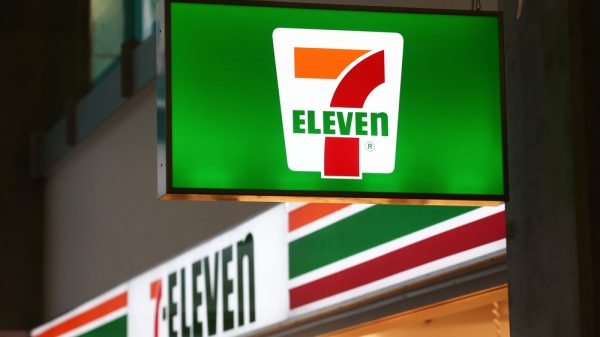Sainsbury’s has acquired the freehold of 21 stores for a total of £431.5 million from Supermarket Income REIT.
Having held a 49% stake in the Highbury and Dragon investment vehicles since it was created in 2000, the deal has seen the Big 4 grocer purchasing the remaining 51% from the real estate investment trust.
While the acquisition is for a total of 26 supermarkets which are already leased to Sainsbury’s, it will only continue to operate 21 of these.
The remaining five will be sold by the grocery retailer, as it has entered into new 15-year leases on four stores, with five yearly open market rent reviews and a tenant break option at year 10.
Subscribe to Grocery Gazette for free
Sign up here to get the latest grocery and food news each morning
The transaction, which is set to be paid in three tranches, was first agreed upon in September 2022, at the same time that Sainsbury’s exchanged contracts on a £500 million sale and leaseback deal for 18 stores with London-listed real estate investor LXi REIT.
The supermarket said at the time that the money raised from the LXi sale and leaseback arrangement would be used to part-fund the Highbury and Dragon deal.
Sainsbury’s has said today (14 March), that payments will be funded by the Group’s cash resources and also by drawing under a committed unsecured term facility.
The first transaction is expected to be completed on 17 March, with £279.3m paid at the time.
A further £116.9m will be paid on 10 July, with the remaining £34.7m conditional on the sale of the remaining five stores by Sainsbury’s.
The supermarket giant will also fully fund the Highbury and Dragon bond redemptions of £170.5m on 20 March and £130m on 13 July.
Sainsbury’s said the entities acquired in the transaction forms profit before tax of £110.4m. This partly reflected revaluation gains recognised on the investment properties held in the Highbury and Dragon investment vehicles.
Going forward, Sainsbury’s will not recognise revaluation gains and losses on these assets. They will be held as owner-operated freehold stores, seeing a reduction in depreciation and interest expenses, alongside a reduced cash outflow on rent.










